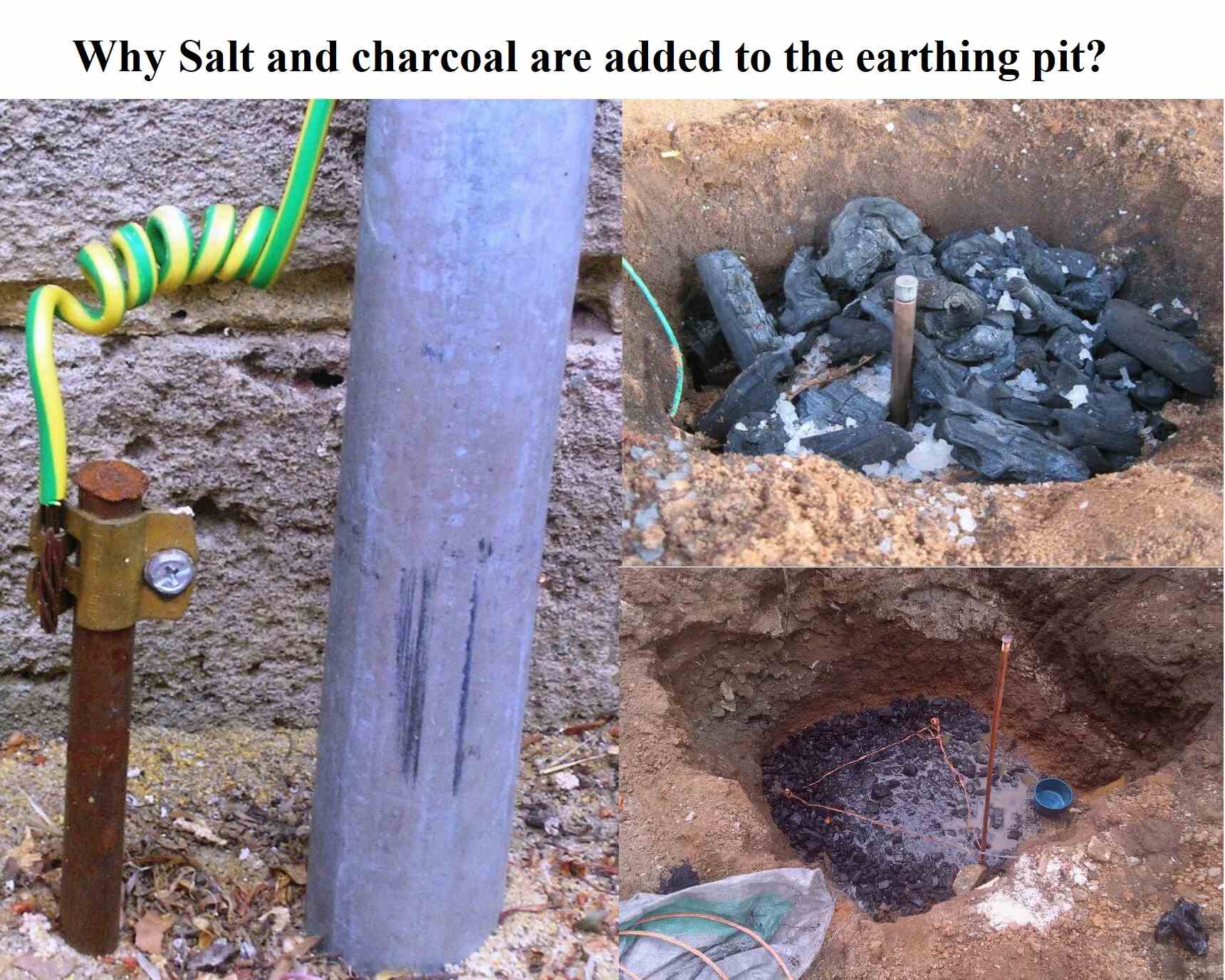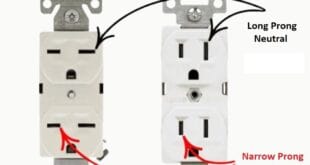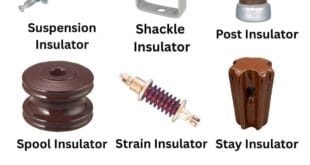Answer:
Salt and charcoal are added to the earthing pit to enhance soil conductivity. Salt improves water retention in the soil, ensuring a consistent moisture level, while charcoal aids in preventing corrosion and maintaining low resistance for effective grounding.
Reasoning:
Salt (Sodium Chloride): Enhances soil conductivity by increasing the moisture content. It provides ions that facilitate better conduction of electric current through the ground.
Charcoal: Acts as a conductor, reducing soil resistivity. It also helps in preventing corrosion of the earthing system components, ensuring long-term effectiveness.
FAQs:
Q: Why is soil conductivity crucial for earthing?
A: Soil conductivity ensures efficient dissipation of electrical charges, preventing electrical equipment damage.
Q: Does salt affect the soil’s water retention?
A: Yes, salt improves water retention, ensuring consistent soil moisture levels essential for conductivity.
Q: Can I use any type of salt for earthing?
A: Sodium chloride (table salt) is commonly used; it dissolves easily and enhances soil conductivity effectively.
Q: How does charcoal aid in preventing corrosion?
A: Charcoal acts as a protective layer, reducing the likelihood of corrosion on earthing system components.
Q: Can earthing function without adding salt and charcoal?
A: Yes, but adding salt and charcoal improves the efficiency and longevity of the earthing system.
Q: What problems can occur without proper earthing?
A: Without proper earthing, there’s an increased risk of electrical shock, equipment damage, and interference in signal systems.
Q: How often should salt and charcoal be replenished in the earthing pit?
A: Periodic checks and replenishment are recommended, especially after heavy rains or if there are signs of deterioration.
Q: Are there alternatives to salt and charcoal for earthing?
A: While other substances may enhance soil conductivity, salt and charcoal are cost-effective and widely used for their effectiveness.
Q: Can earthing pits be located anywhere in the ground?
A: Ideally, earthing pits should be placed in locations with good soil conductivity to ensure effective grounding.
Q: Does the depth of the earthing pit matter?
A: Yes, the depth influences the contact area with conductive soil, impacting the overall effectiveness of the earthing system.
 Electrical Engineering World Wiring a Brighter Tomorrow!
Electrical Engineering World Wiring a Brighter Tomorrow!



